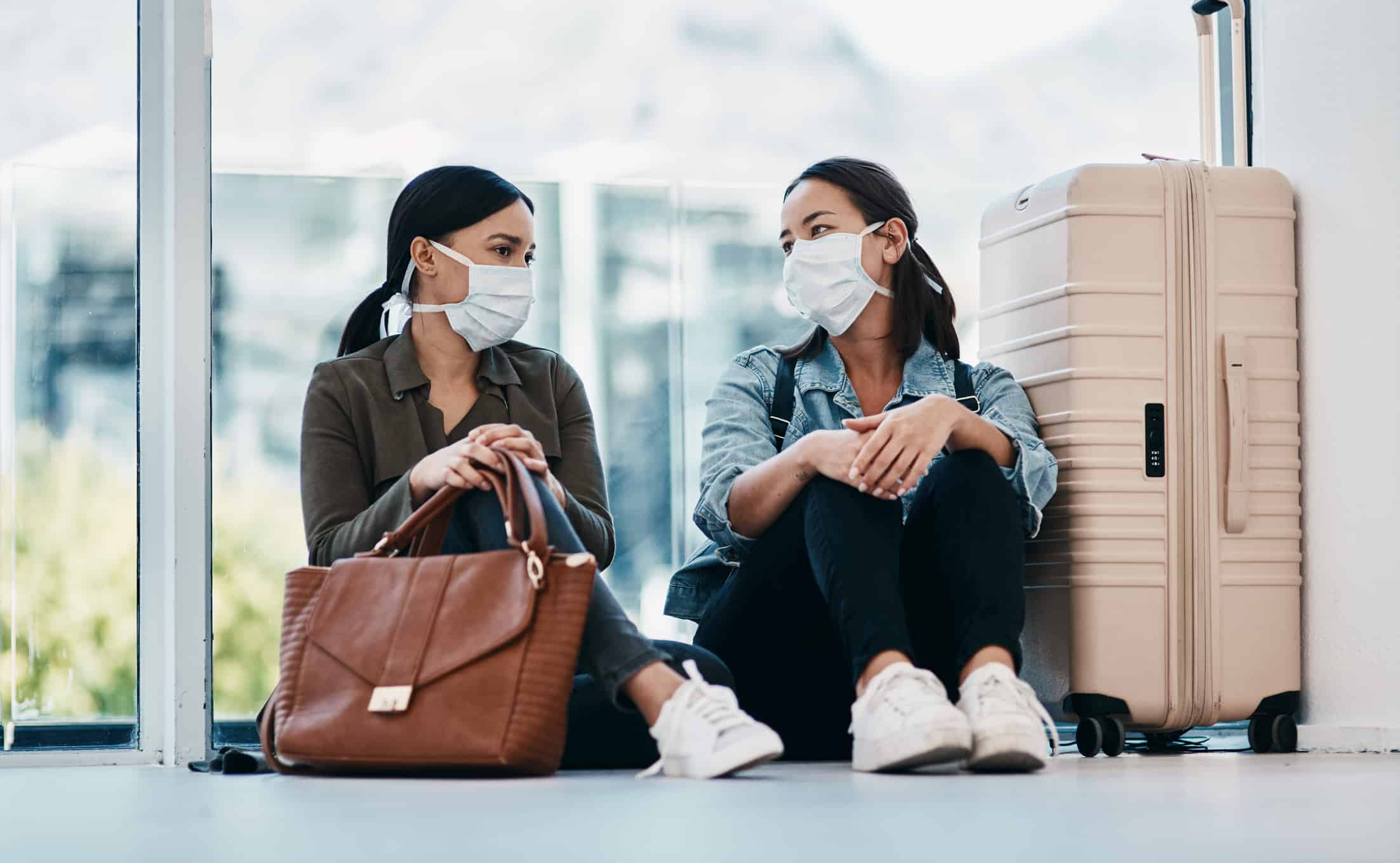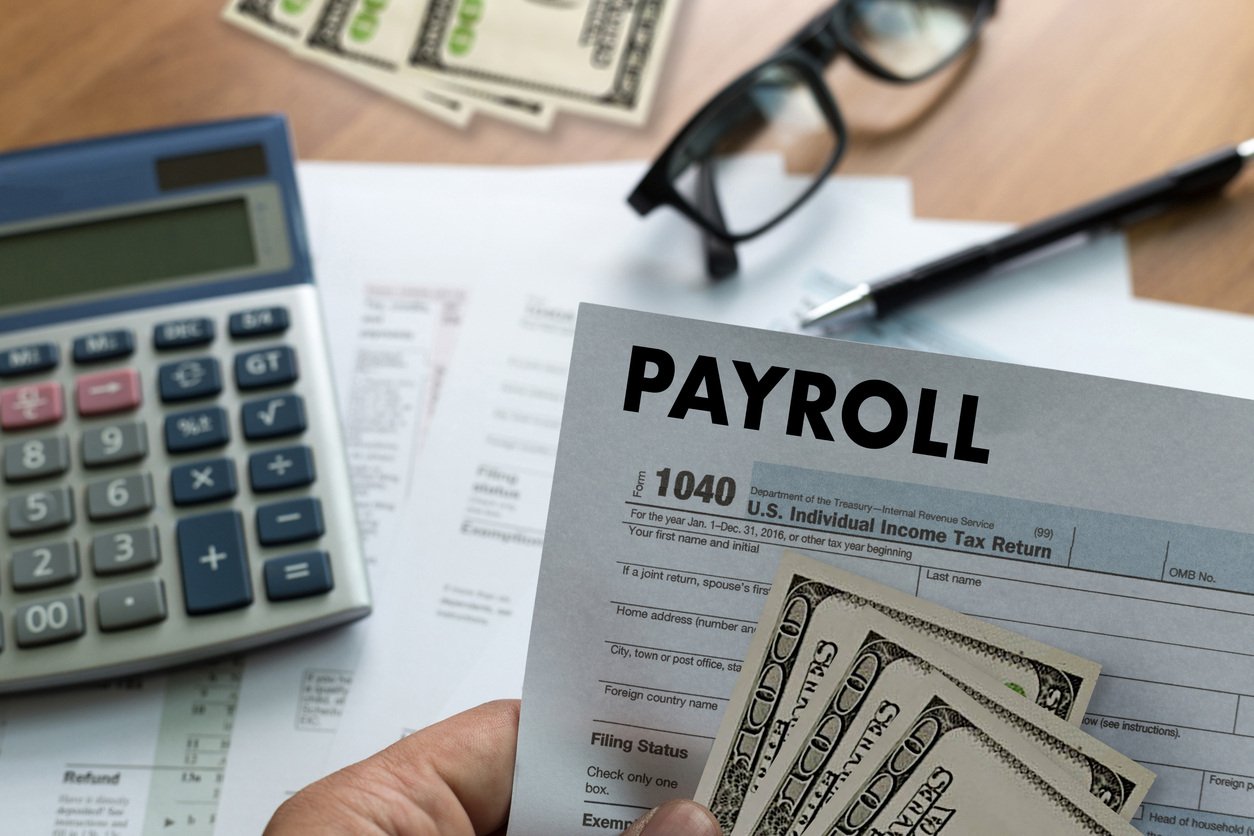
Written by
Drew Gieseke
Drew Gieseke is an aPHR®-certified marketing professional who writes about HR, compliance, and healthcare solutions.
Can Employers Limit Employee Travel During Coronavirus?

As offices continue to reopen during the historic coronavirus pandemic, employers are tasked with keeping their teams safe from community spread in the workplace. Yet with PTO and non-work hours, employees may travel outside the city or state—putting themselves and their colleagues at even greater risk. What can you do to mitigate these concerns?
Background: Employer’s Responsibilities During COVID-19
The last several months have presented incredibly difficult questions to employers. How do you manage remote work during a pandemic? When should you furlough teammates, and when should you layoff staff? When do you invite employees to return to the office? What do you do if an employee tests positive for COVID-19?
The sheer responsibility of running a business is stressful enough, but now employers are tasked with keeping their team safe during a pandemic. And as offices reopen, you may wonder to yourself, What if an employee takes a trip to coronavirus hotspot?
Can Employers Limit Team Travel During the Pandemic?
Remember that there are a number of questions that employers can and can’t ask employees regarding the coronavirus. The ones you can ask keep your team safer while those you can’t infringe on your workers’ rights. But what about limiting travel?
The CDC clearly states that domestic travel “increases your chances of getting and spreading COVID-19.” So, there’s no disputing the risk at hand. But there is a limit to what you can and can’t tell your employees to do in their free time, even amid a pandemic.
Employers can’t prevent employees from taking non-work trips during the pandemic. However, The National Law Review points out that while employers are permitted to ask employees about their personal travel history—including future plans to travel—they must request this information from all teammates. Likewise, the request itself must be considered a business necessity.
If an employee is returning from a location specified as high risk by the CDC, state, or local public health officials, the Equal Employment Opportunity Commission (EEOC) states that employers can ask about potential exposure—even if the worker traveled for personal reasons. Employers can also require this employee to self-quarantine until the 14-day period has passed.
Note: As established by the Families First Coronavirus Response Act, employees of covered employers are eligible for two weeks of paid sick leave at either the regular rate of pay (if they're quarantined) or two-thirds of their pay rate (if caring for someone who is quarantined). Additional paid expanded family and medical leave are available for employees who must care for a child whose school is closed or childcare facility/provider is unavailable due to COVID-19.
What Else Can Be Done?
Educate, educate, educate. Your team should know what needs to be done to prevent spread in the workplace, which includes the inherent risks from domestic travel. Also remember that even though most employers aren’t required by federal law to offer a comprehensive PTO policy, doing so may help ease the strain of unpaid absences.
Additionally, employers should stay on top of the latest safety recommendations from the CDC and their state and local public health officials—and have a plan in place in case the office needs to revert back to remote work.

Written by
Drew Gieseke
Drew Gieseke is an aPHR®-certified marketing professional who writes about HR, compliance, and healthcare solutions.
Related Posts
Selecting the right pay period is vital for optimizing payroll management and aligning...
Yes, you probably do. But don’t panic—this doesn’t mean you need to be the love police,...
Yes, you can use a health savings account, or HSA, for cosmetic surgery, but only in...
According to the KPMG 2023 CEO Outlook, 64% of business leaders believe there will be a...






Submit a Comment